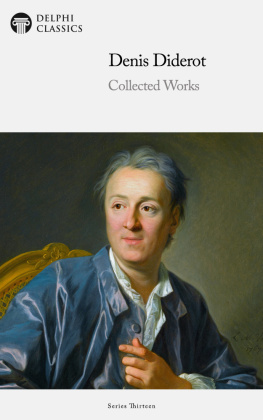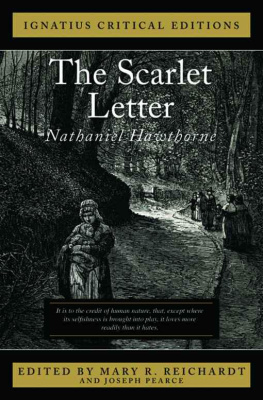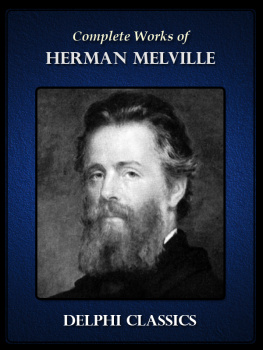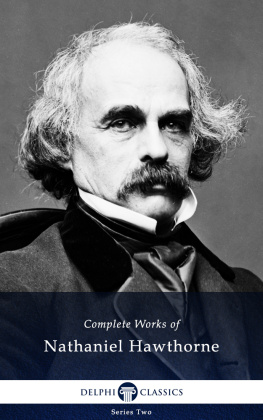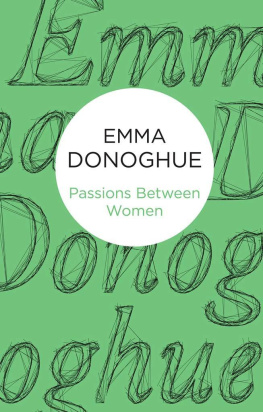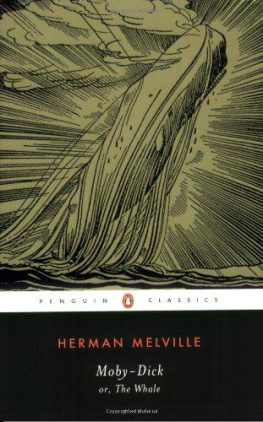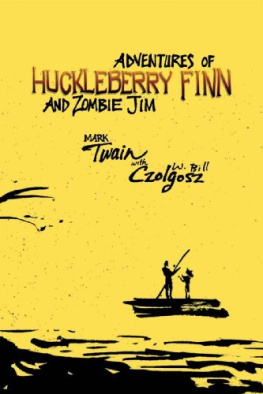The American Classics
Also by Denis Donoghue
The Third Voice: Modern British and American Verse Drama
Connoisseurs of Chaos: Ideas of Order in Modern American Poetry
An Honoured Guest: New Essays on W. B. Yeats (editor, with J. R. Mulryne)
The Ordinary Universe: Soundings in Modern Literature
Jonathan Swift: A Critical Introduction
Emily Dickinson
Jonathan Swift: A Critical Anthology (editor)
William Butler Yeats
W. B. Yeats: MemoirsAutobiography: First Draft (editor)
Thieves of Fire
Seven American Poets (editor)
The Sovereign Ghost: Studies in Imagination
Poems of R.P. Blackmur (editor)
Ferocious Alphabets
The Arts Without Mystery
We Irish: Essays on Irish Literature and Society
Selected Essays of R.P. Blackmur (editor)
Reading America: Essays on American Literature
England, Their England: Commentaries on English Language and Literature
America in Theory (editor, with Louis Menand and Leslie Berlowitz)
Warrenpoint
Being Modern Together
The Pure Good of Theory
The Old Moderns: Essays on Literature and Theory
Walter Pater: Love of Strange Souls
The Practice of Reading
Words Alone: The Poet T. S. Eliot
Adams Curse: Reflections on Literature and Religion
Speaking of Beauty
The American Classics
A PERSONAL ESSAY
Denis Donoghue

Published with assistance from the foundation established in memory of Philip Hamilton McMillan of the class of 1894, Yale College.
Copyright 2005 by Denis Donoghue. All rights reserved.
This book may not be reproduced, in whole or in part, including illustrations, in any form (beyond that copying permitted by Sections 107 and 108 of the U.S. Copyright Law and except by reviewers for the public press), without written permission from the publishers.
Designed by Rebecca Gibb.
Set in Baskerville type by
Integrated Publishing Solutions.
Printed in the United States of America.
Library of Congress Cataloging-in-Publication Data
Donoghue, Denis.
The American Classics: a personal essay / Denis Donoghue.
p.cm.
Includes bibliographical references and index.
ISBN 0-300-10781-1 (cloth : alk. paper)
1. American literature19th centuryHistory and criticism
Theory, etc. 2.Canon (Literature)I. Title.
PS201.D665 2005
810.9003dc22
2004023264
A catalogue record for this book is available from the British Library.
The paper in this book meets the guidelines for permanence and durability of the Committee on Production Guidelines for Book Longevity of the Council on Library Resources.
10 9 8 7 6 5 4 3 2 1
Again for Frances
Contents
1
Emerson and The American Scholar
2
Moby-Dick
3
The Scarlet Letter
4
Walden
5
Leaves of Grass
6
Adventures of Huckleberry Finn
INTRODUCTION
After Emerson
I started thinking of writing this book in the autumn of 2003. when I taught a graduate course at New York University called Five in American Literature. The books I chose to teach, if they didnt choose themselves, were The Scarlet Letter, Moby-Dick, Leaves of Grass, Walden, and Huckleberry Finn. I assumed that these were the American classics and that I didnt need to make a case for reading them; they could be taken for granted, subject to the risk entailed by that status of their not being taken at all. I thought it would be worthwhile to discuss them with a group of graduate students, on the understanding that they had read these books in high school and might welcome an occasion to read them again in a different moral and political setting and with different issues in view. A classic, I was content to think, is a book one reads at least twice. I needed all the information I could get about the presence of these books in American education and culture. I came to the United States in my middle years to take up an appointment at New York University, so I have not attended an American primary or secondary school, college or university. I wanted to discover what it meant that these five books have been accepted by American culture as the cardinal books. What does this acceptance say of the culture? How do American readers use them; in the service of what causes?
It is no offense to the students to report that they did not help me much to answer these questions. It turned out that none of the students had read all the books. Some of them had read one or two of them, but only in excerpts: two or three of the more agreeable chapters of Walden, the Custom-House" introduction to The Scarlet Letter, a few anthology poems from Leaves of Grass. When I pressed the matter, I was allowed to think that Ayn Rand had a more palpable presence in their high schools than Whitman or Melville. The students did not dispute that the five books are somehow privileged in American culture, but so are the heads on Mount Rushmore; stared at rather than otherwise appreciated. I gathered from the students that the five books had little provenance in their own early education. To Kill a Mockingbird meant more to them.
So I couldntand cantanswer the questions I posed about the books and their bearing on American culture. I can only read them as they seem to me to ask to be read. To be read now, that is, at a time when the violence withoutStevenss phrasemakes it nearly impossible to exert the violence within, the force of intelligence and imagination, in response to it. Afghanistan, Iraq and what next?Israels Sharon triumphant in Bushs Washington, the Palestinians brushed aside, the American empire enforcing itself commercially and militarily (even though Niall Ferguson claims in Colossus that most Americans dont want to be imperial and would prefer to be building more shopping malls)? What is the point of reading books at such a time, when reality is defined as military power, vengeance, the war on terror, and oil? But what else can one do but read books?
I have called these five books classics. The word is often used casually, seldom stringently. Casually, as in referring to a classic detective story, cookbook, or silent film; stringently, when we mark the boundary within which we intend using the word and fend off rival meanings. T. S. Eliots use of the word is exemplary in this respect. In 1944 he gave the Presidential Address to the Virgil Society under the title What Is a Classic? He acknowledged that the word has several meanings in several contexts, while he claimed to be concerned with one meaning in one context. He used the word so strictly that, reading the printed lecture for the first time, you would wonder how he could find a single work to answer to his definition. A work is a classic, according to Eliot, only if three conditions are fully met: the manners of the civilization which it articulates must be mature, the language of that civilization must be mature, and the imagination of the particular writer must be mature. Eliot explained at length what he meant by maturity, mainly by associating the word with cognate words and phrases. Maturity is characterized by a balance between tradition and the individual talent: it depends on the ripeness of a language, community of taste, and possession of a common style. A common style is one which makes us exclaim, not this is a man of genius using the language but this realizes the genius of the language. The marks of immaturity are provincialism, a limited range of sensibility, and eccentricity. A theory of the impersonality of the work of literature sustains Eliots idea of the classic and of the maturity that characterizes it: what he fears is the willfulness of a writer who flouts the genius of the language. The three criteria are fulfilled, so far as European literature is in question, only in Virgils
Next page

